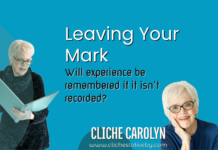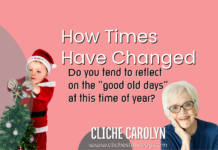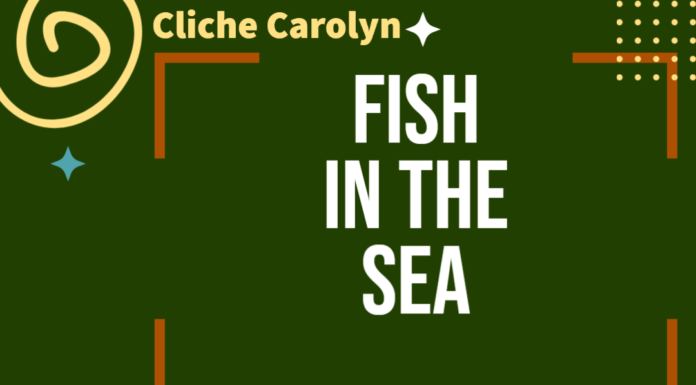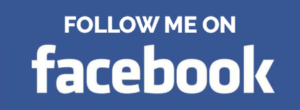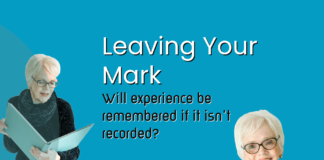Dr. Carolyn Lee reflects on a different cliché each week. Recently, in her blog “Why Me?” she wonders about her good fortune. This week Carolyn explores the cliché, you are what you eat.
Learn more about Dr. Carolyn Lee on her biography page or investigate 29 more clichés in her latest book, Keep Your Eye on the Ball And Other Clichès to Live By.
You Are What You Eat
This cliché has a long history. It was back in 1826 that French author, Anthelme Brillat-Savarin wrote his Physiologie du Gout, ou Medetations de Gastronomie Transcendante, a compendium of observations and anecdotes designed to “enhance the pleasures of the table.” In it he wrote, “Tell me what you eat, and I will tell you what you are.” (The original French paperback version is currently out of print, but you could get on Amazon’s waiting list, if you must have this book.)
In a literal sense, this observation is inarguable. Nutrients from the foods we eat affect every little cell in our hair, skin, muscles, bones, digestive and immune systems. “You are what you eat” ignores the fact that what we do with our bodies is just as important as what we put in them. Instead it concentrates on gastronomy: “the practice of choosing, cooking, and eating good food.”
The preparation and consumption of food is a subject about which we never tire of talking. A person who writes about these things said, “If you are ever at a loss to support a flagging conversation, introduce the subject of eating.”
I have a friend who is a real, bona fide foodie. (The word, “foodie,” by the way, appears in the dictionary and is recognized as valid by grammarians.) That means he has an avid interest in what he eats; eating and cooking are his hobbies. He is a creative, courageous, adventurous consumer of wonderfully prepared food. You can find photographs and descriptions of his meals on Facebook, and conversations with him about eating are stimulating and inspiring. He travels widely and has eaten the fare at fine restaurants, chowed down at barbecue joints and sampled the wares of sidewalk vendors. What he eats isn’t who he is, but it certainly distinguishes him and is a substantial part of his persona.
I had a neighbor once who prided himself on his refusal to eat vegetables—well, except for French fries. He once told me, “If you serve me anything green, it better be an M&M.” A seventeen-year-old nephew of mine fastidiously observes a healthy eating plan that includes virtually no sugar or fast food. I know another guy who eats almost nothing but fast food. I have a friend who has eaten a slice of key lime pie every evening for about as long as I can remember. I know people who eat—and like—almost everything and others who eat—but don’t like—much of anything. Some lucky people have no desire to overeat, while others constantly fight the tendency to eat more than they need.
What and how and why we eat does say a lot about who we are. Attitudes toward and feelings about food are worth looking at in any quest for self-discovery. I’ve reflected upon, written about, and laughed at my own relationship with food and my on-and-off experiences with dieting many times and recognized that they reveal something about my character and personality. I’ve also been interested in observing how those behaviors and attitudes have changed over the years as I’ve made my way from adolescent to elderly.
Yes, what we eat is worth thinking about. But here’s something else that deserves our attention. In Brandon Sanderson’s The Way of Kings, he writes, “Too many of us take great pains with what we ingest through our mouths, and far less with what we partake of through our eyes and ears.” Perhaps it would be wise for us to shift the focus from what we eat to what we see and read and hear. Just as valid as “You are what you eat” is the phrase, “You are what you read.” Certainly, I have learned more from my reading than from my eating, and what I have read has changed and enlightened me much more than analyzing my eating habits. And the list of books I have read over the past five years or so is much more revealing than any list of the meals I have eaten. I have dined on octopus in Spain, pregnant fish in Japan, chocolate covered crickets in Thailand. I’ve eaten at an upscale restaurant a few blocks from my house and picked up a Big Mac in the drive-through line at McDonald’s. What does that say about me?
I have also struggled through The Brothers Karamazov –with the help of a study guide, enjoyed every novel written by Geraldine Brooks and Anne Tyler and read Barbara Kingsolver’s Pulitzer Prize winning Demon Copperhead. I’ve probably read two dozen books in the “Holocaust” genre. I keep an annotated list of the books I’ve read on my computer. It is now 167 pages long. I think it says much more about me than any record of my eating habits.
I did a painting a few years ago that is now hanging in my dining room. It features this quotation: “So much of who we are is where we have been.” So there’s another whole category to consider. I’ve been to Europe and Asia and Australia and Africa. What does that say about me? In addition to what I eat and what I read and where I go, there are what I do and what I say and how I think and who I love and . . . on and on it goes. Perhaps Brillat-Savarin was over-simplifying just a bit when he wrote “Tell me what you eat, and I will tell you who you are.” But if, in 1826, he had said, “Tell me what you eat, and I will make some possibly bad guesses about one aspect of your multi-layered personality,” we probably wouldn’t be quoting him in 2023.
Want to Read More?
Check out Dr. Carolyn Lee’s blogs on her website, she features a new cliché each week or you can order her new book, Keep Your Eye on the Ball And Other Clichès to Live By. Want to know more about the woman behind the words? Read more about Carolyn here. We hope you enjoyed this article learning more about the cliché, you are what you eat.

